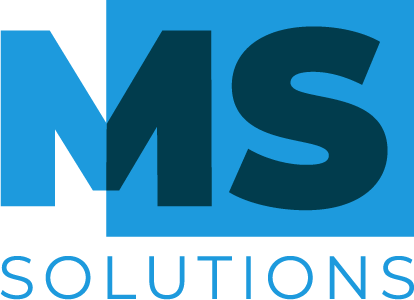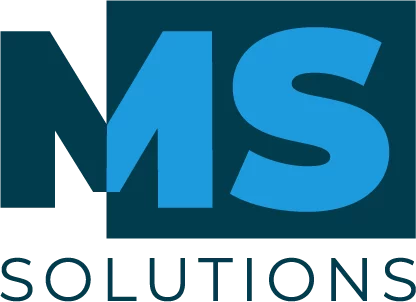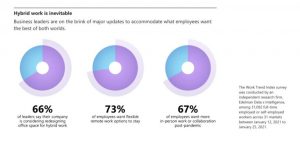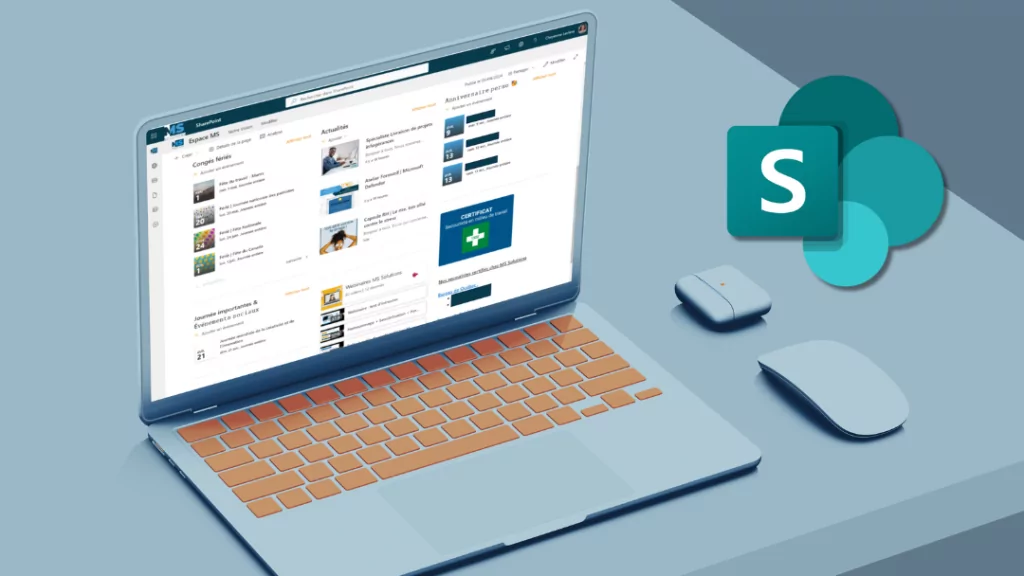Microsoft said: “flexible work is here to stay.” And you can feel it in the IT world. Protection services are improving and adapting to a secure way of working, whether in the office, at home or on the road.
As we have seen with Microsoft’s new acquisitions of cybersecurity companies RiskIQ and CloudKnox Security, the company is now on a mission to improve the cybersecurity of its cloud systems, especially with the rise in popularity of hybrid work.
Only 8% of Quebecers want to go back to the office 100%. Each organization will need to adapt and create a plan that encompasses policy, physical space related to this new hybrid work mode, but also a plan related to technology and its cybersecurity. This growing need for hybrid work security is here to stay.
The Best of Both Worlds
The past year has transformed the world of work around the globe. Employee expectations have changed and many want to embrace hybrid work for years to come.
73% of workers surveyed want to do hybrid work.
67% of those surveyed want more face-to-face time with their team.
66% of employers were considering redesigning physical office spaces to accommodate hybrid work environments.
Being Secure With A Hybrid Environment
As a business, cyberattacks should not be overlooked and it is essential to tailor your approach to cybersecurity based on how you work. The adoption of hybrid work has led to a very large increase in cyber attacks. As a business, you need to protect your data, but also educate your employees. MS Solutions offers training for your employees with the objective of raising awareness of cybersecurity threats and also developing their skills to identify the threats they may face. At MS Solutions, we have adapted our training to hybrid work environments.
Cyber Attacks At Home
“With the surge in the number of Canadians working from home, protecting the telecommunications infrastructure, hardware, software and supply chains that support them is critical to national security and economic prosperity.”
-Scott Jones, head of the Canadian Centre for Cyber Security
The most common cyber attacks with remote work are:
- Phishing: This one can come to you in different forms: an email, a phone call, text messages or even on your social media. The cybercriminal usually pretends to be a legitimate source, such as a financial institution, a colleague, a client or someone from the government.
- Ransomware: The employee receives an attachment containing malware that accesses the company’s system and encrypts the data. The criminal then demands a ransom.
In both cases, prevention and training are the two most effective tools because hackers hope for human error in both cases. That’s why you absolutely must educate your employees about online threats and use work equipment that will be as secure at the office as at home.
In Short
Hybrid work is here to stay in the coming years, so you need to secure your business in the office, but also in your employees’ telecommuting environment. Don’t hesitate to contact us if you have any questions or if you want to know more about our cybersecurity training for employees by calling 1-888-877-3365 or by clicking here.





